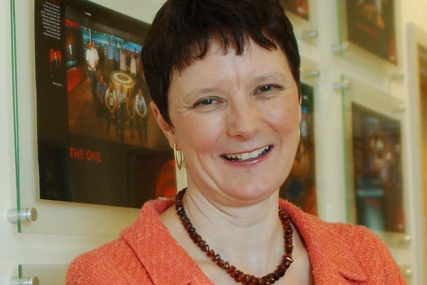
Speaking at the Oxford Media Convention, Boaden who oversees the corporation's news division, said the BBC Trust was clear it was not to try to "come around the back door" and become more local online.
The declaration will be widely welcomed by the regional publishing industry and follows the BBC Trust, the body responsible for regulating the BBC, rejecting plans for the corporation to launch a series of local websites carrying video content in November 2008.
The move was rallied against by the industry and politicians alike, for having potentially devastating results for a sector already battling falls in circulation and advertising.
But today Boaden dismissed any possibility of the BBC treading on the toes of the regional press in no uncertain terms.
"The BBC's 45 websites are devoted to big cities and counties," she said. "In contrast, the Newspaper Society says there are 1,500 local newspaper websites. Some of which are local, some are hyper-local. The BBC is not competing for audience in the same space."
The director of BBC News, who has held the role since September 2004, said the corporation was now interested in exploring other partnerships, although was unable to provide details of any new deals.
Also at the conference, Sly Bailey, chief executive of publisher Trinity Mirror, admitted she was "cheered" by Boden's comments. However, Bailey already had a new target in her sights, warning local council newspapers and magazines were "mini Pravadas" that "must be stopped".
Bailey attacked local authorities, traditionally one of the biggest advertisers in the regional press, as using council money to dish out "propaganda dressed up as journalism," the likes of which would create an "outcry" if replicated at a national level.
Both Bailey and Guardian editor-in-chief Alan Rusbridger declined to comment on recent speculation that Trinity Mirror is in talks to buy the Manchester Evening News from Guardian Media Group.


.jpg)


.jpg)